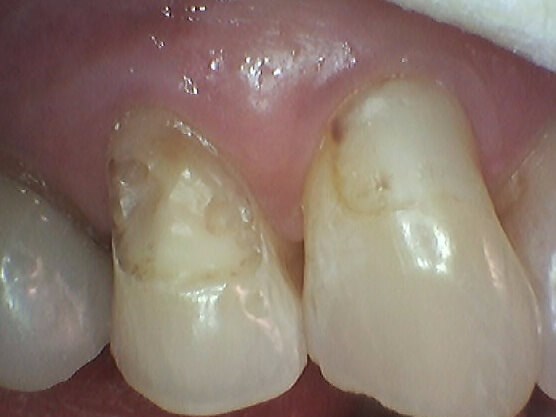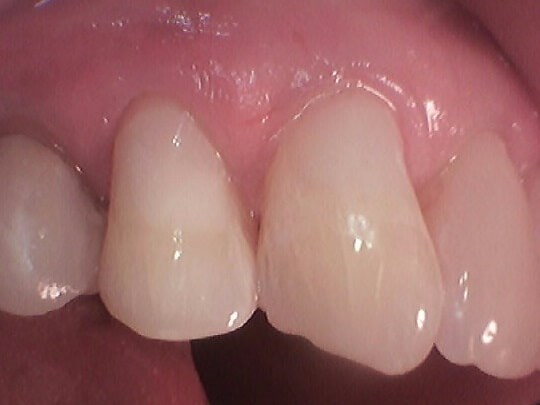
Apicoectomy
in Melbourne, FL
Services
Diagnosis
The goal of a root canal is to fully remove the infection from one's tooth; however, the tooth roots have multiple small branches where infection can hide or return. If a tooth gets reinfected after you have had a root canal performed, experienced dentist Dr. Sangiv I. Patel typically recommends an apicoectomy. A long-lasting solution, an apicoectomy removes the infected tissue near the root of the tooth, including the affected root tips. Sometimes known as a root-end resection or endodontic microsurgery, an apicoectomy can save the visible portion of your tooth if you have a restoration, like a dental crown or dental bridge. If you have had a root canal procedure, contact Dr. Patel's office, Sangiv I. Patel, D.D.S., PA, to obtain an effective result with an apicoectomy.
The best candidates for an apicoectomy are those who have had one or more root canals with remaining or returning infection located in the tips of the root. When you have a root canal procedure, a dental crown or dental bridge can be placed to strengthen and protect the tooth. The restoration can make a second root canal or retreatment difficult if an infection is found because it can destroy or weaken the crown or bridge. This is why receiving an apicoectomy at Dr. Patel's private practice can be the best treatment to remove the existing infection and prevent future infections from occurring.
Prior to performing any treatment, Dr. Patel will examine your oral health and then discuss your treatment options before deciding on an apicoectomy. To begin the procedure, a local anesthetic will be applied to necessary areas. Sedation methods may be used, depending on the extent of the procedure or anxieties the patient may be experiencing. Dr. Patel will begin by making a micro-incision into your gums to reveal the root of the tooth. The infected tips and surrounding tissue will be removed, and then your mouth will be cleaned with special instruments. To ensure that all of the infected areas are treated, a special dye can highlight cracks in your tooth. As soon as the tooth canal is cleaned and sealed, Dr. Patel will close the incision in your gums with sutures.
Following the procedure, Dr. Patel may prescribe pain medication or antibiotics for you to take. You can apply cold compresses or ice packs to help combat swelling for the first few hours after your procedure. You may have some bruising, numbness, or soreness for 3 – 5 days. Dr. Patel will discuss instructions for your recovery period. For faster healing, you should avoid hard foods and aggressive teeth cleaning. You may need to return to our office in 2 – 7 days to have your stitches removed. Typically, your teeth and gums should be healed about two weeks after the apicoectomy. To minimize further problems, you should follow an oral care routine at home, brushing and flossing daily. In addition, you should attend annual dental exams and bi-annual cleanings at our practice, Sangiv I. Patel, D.D.S., PA so we can monitor your oral health and treat issues at the earliest signs.
In most cases, an apicoectomy will be covered partially by your dental insurance policy. Our team will call your insurance company to find out if there will be any additional costs. For patients without insurance or that have out-of-pocket costs, our facility accepts many payment methods. At your consultation, Dr. Patel can explain low-interest medical financing to help make your procedure easier to afford.
If you're still suffering from an infection after having one or several root canal procedures, receiving an apicoectomy at our Melbourne, FL office could be the lasting solution you require. An apicoectomy treats the infection in the tips of the tooth root without affecting dental restorations (crowns and bridges). For more information, or to schedule an appointment with Dr. Patel, contact our facility.
Request Appointment




